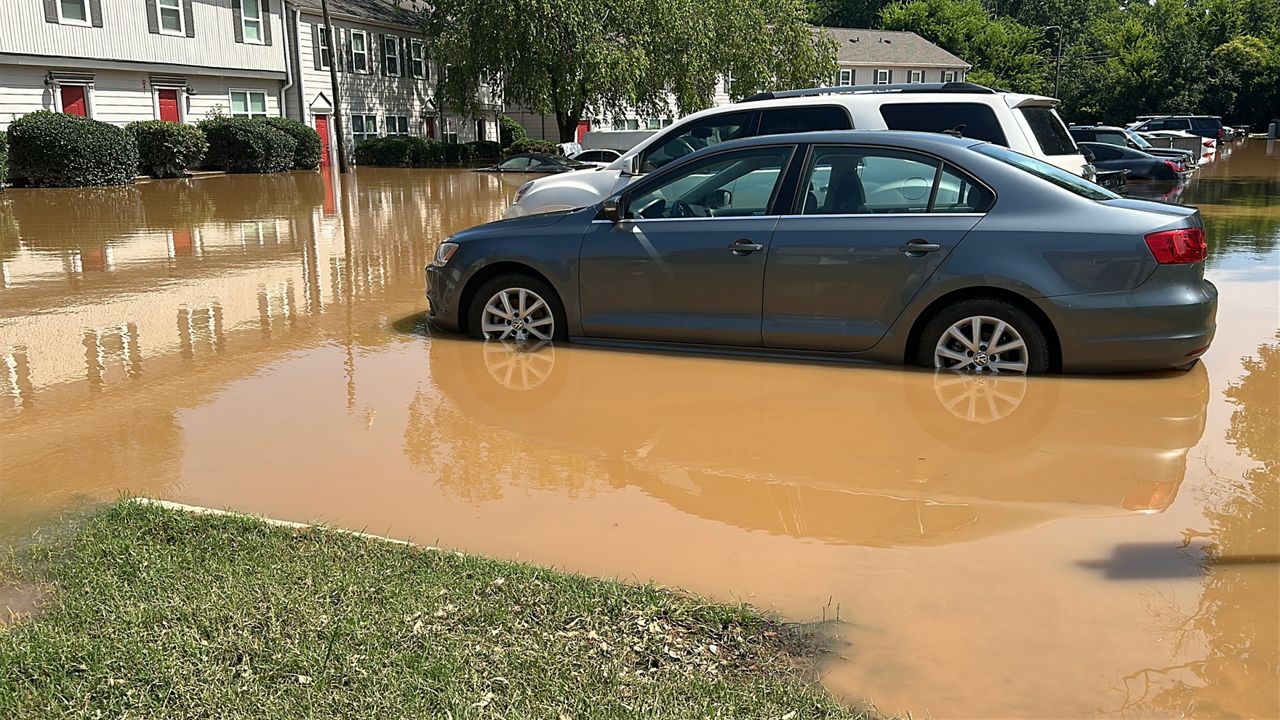RALEIGH, N.C. — With discussions of a lingering recession, some have questioned whether their investments and retirement funds are safe.
“This is what happens when there’s a significant amount of monetary tightening has occurred. At some point, something breaks," Gerald Cohen, chief economist for the Kenan Institute of Private Enterprise, said.
Cohen is referring to what has happened at Silicon Valley Bank, Signature Bank and Credit Suisse.
He says times like this highlight companies that have potentially bad assets on their balance sheets.
But due to uncertainty, and sometimes panic like in 2008, Cohen says good assets can begin to lose value, creating a vicious cycle
“I think the government is trying to buy insuring deposits, buy insuring deposits over the minimum," Cohen said. "They’re trying to quell those fears.”
Cohen says we might be headed toward a tighter regulatory environment.
It's an approach we saw in the 2010s, after the crash of 2008. But Cohen says we are likely to avoid the financial disaster that touched so many over a decade ago.
“Regulatory regimes really changed, and especially the biggest banks are much more tightly regulated," Cohen said. "They do these risk assessments that say what would happen under these exact scenarios.”
But that doesn't stop people from worrying about what could happen to their investments, especially those nearing retirement and holding their 401(k)s and savings close.
“As long as those underlying assumptions about the client's family and their needs have not changed," Doug Amis, president and CEO of Cardinal Retirement Planning, said. "This type of unpredictable market is what the plan is designed to have flexibility to adjust to.”
Amis works closely with retirees and says his advice is for these people to stay the course and follow the plan.
He knows his clients have seen the uncertainty of COVID-19, the 2008 crisis and similar struggles in the 1980s and '90s.
Amis says history doesn’t necessary repeat itself, but it definitely rhymes.
“They’re thinking back to having credit lines when they needed them the most, and funding drying up in the credit markets," Amis said. "We could see some stress like that. So we are helping clients understand, you need to know the devil in the details.”






_Cropped)


